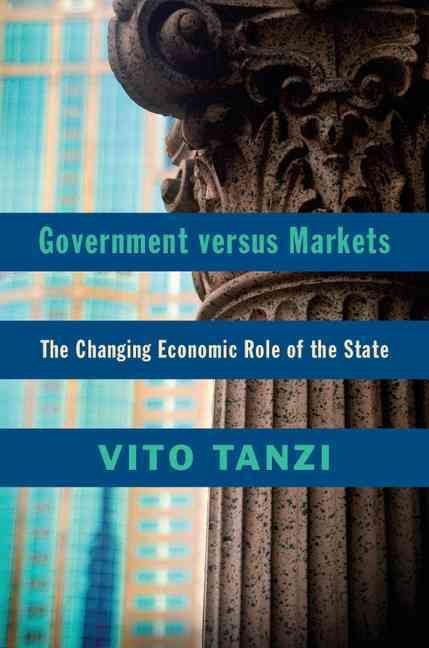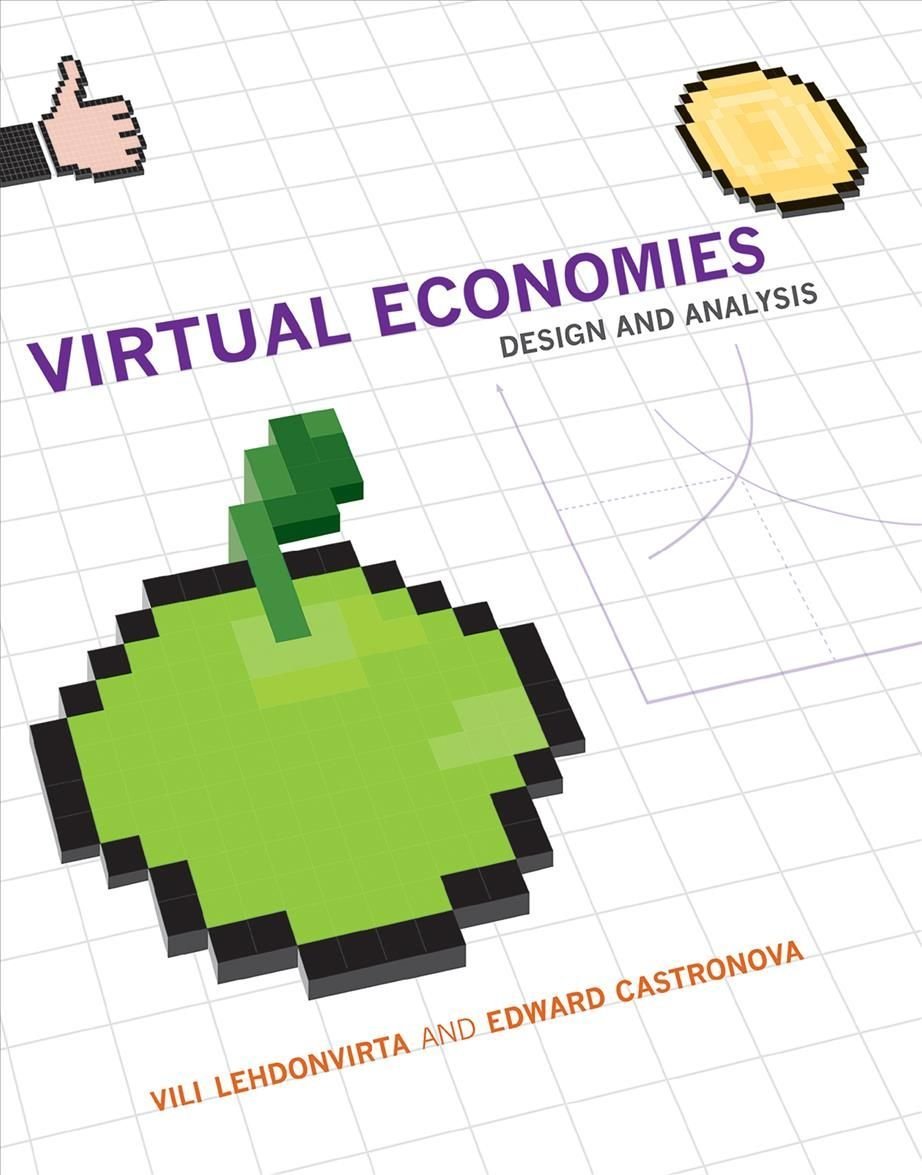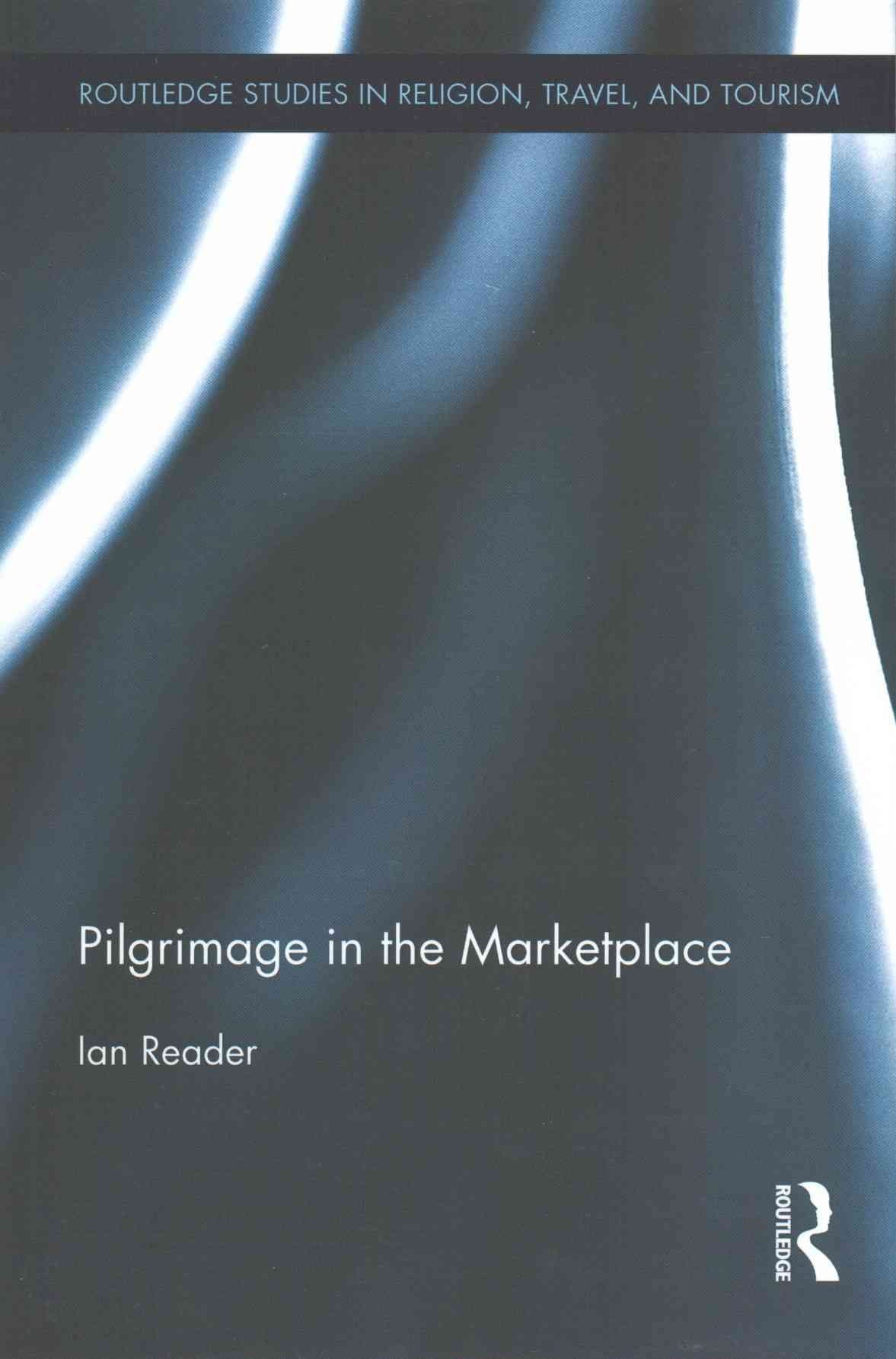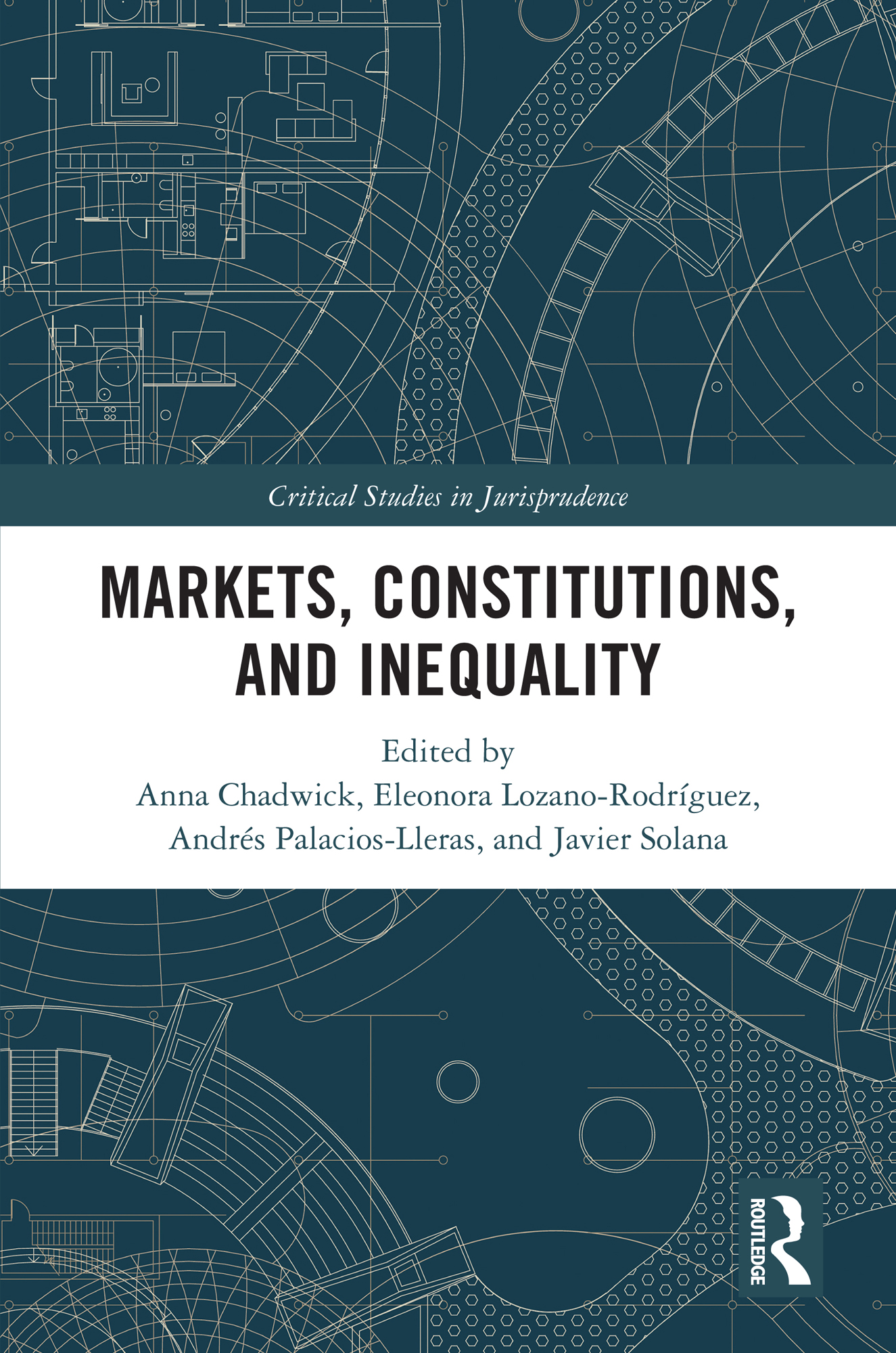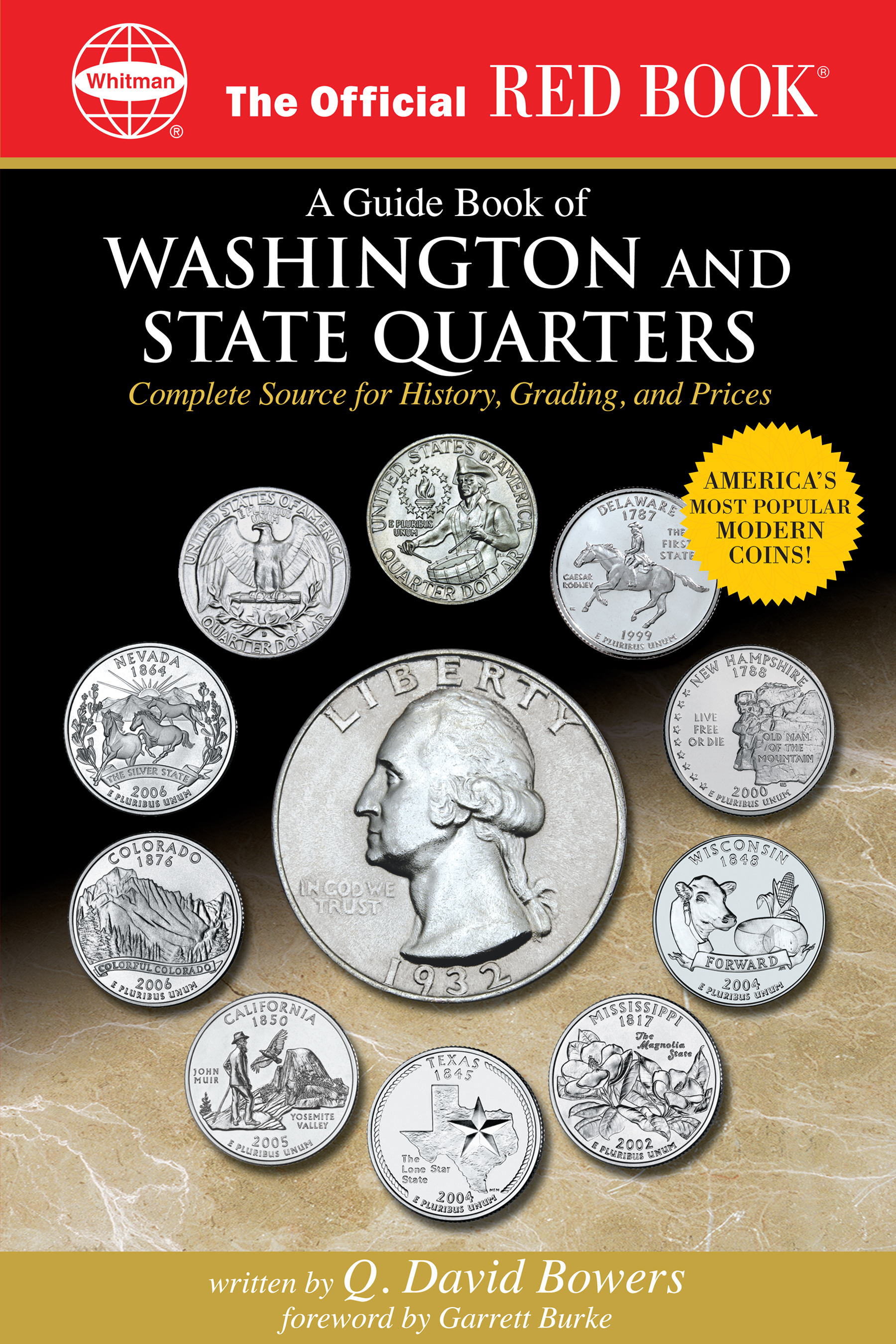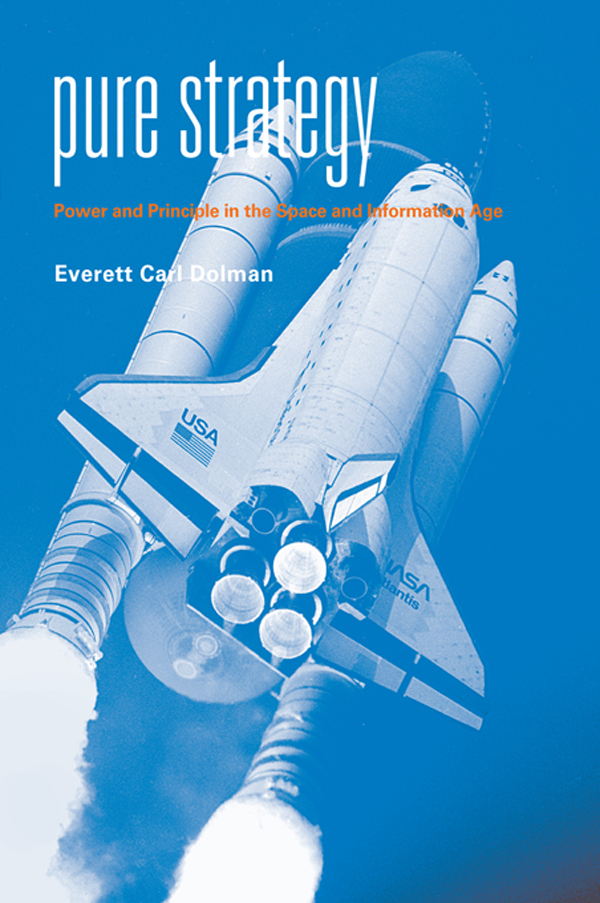Vito Tanzi offers a truly comprehensive treatment of the economic role of the state in the twentieth and twenty-first centuries from a historical and world perspective. The book addresses the fundamental question of what governments should do, or have attempted to do, in economic activities in past and recent periods. It also speculates on what they are likely or may be forced to do in future years. Although other recent titles in economics deal with normative theories, public choice theories, welfare state analysis, social protection, and the like, no other book has the same breadth or depth specifically on the state’s viable economic role. The author occupies a unique position in global public finance, having served for nearly three decades as a leading fiscal administrator for the International Monetary Fund, financial adviser to 80 countries, and active economic theorist. The investigation assembles a large set of statistical information that should prove useful to policy-makers and scholars in the perennial discussion of government’s optimal economic roles. It will become an essential reference work on the analytical borders between the market and the state, and on what a reasonable exit strategy" from the current fiscal crises should be"–
